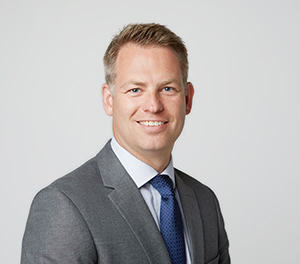The UK PI market has evolved significantly over the years with plenty of emphasis on the traditional professions such as Accountants, Architects, Surveyors and Solicitors. These professions tend to take the headlines, making up the bulk of PI premiums and often having the broadest policy cover with their governing bodies ensuring their members benefit from the widest language. This has led to a commoditisation of policy cover and many ‘approved’ insurers all looking to write the traditional business from a similar perspective on the same basis, with pricing and service the only real differentiators.
However, professional service firms have become wide and varied. Everything from Archaeologists to Zoologists have potential PI exposure and, coupled with an aggressive litigation landscape, are looking for quality insurers that understand their business and can provide solid and flexible insurance cover. It is therefore staggering that much of the insurance world still take the approach of calling this group ‘Miscellaneous’.
On one hand, you can’t blame the industry – it’s a broad area, with a huge variety of industry sectors, and professional service firms. Some might say that the word Miscellaneous is appropriate:
mis∙cel∙la∙ne∙ous – (adj): A haphazard assortment of different kinds.
But, on the other hand, that’s created a problem, it becomes a dumping ground with no real focus. Generating an environment which lacks the expertise, knowledge and sophistication required to truly understand the risk and exposures. For many in the in the PI insurance industry it’s been easier to lump the non-traditional professions in the same bracket and use a basic catch-all wording to cover multiple professions, relying on a variety of exclusions to ensure minimal underwriting questions need to be asked. This has now been accompanied with a reliance on automation and using big data to make the process as quick as possible. This approach has found some success in other parts of the insurance industry, but that doesn’t mean it will be right for all products. Over-automation is causing large parts of the insurance industry to be deskilled. And, for more complex risks, inflexible, automated cover can be dangerous.
So, don’t be put off by an underwriter that takes an interest in the business it is insuring and might ask an additional question or two. It’s not showing a lack of expertise, quite the opposite – it shows a desire to truly know what is needed to provide flexible and solid cover that is appropriate to the risk.
As Albert Einstein once said:
“Information is not knowledge. The only source of knowledge is experience”
Wouldn’t you rather deal with an insurer that gained their knowledge through years of experience, including asking the right questions?
